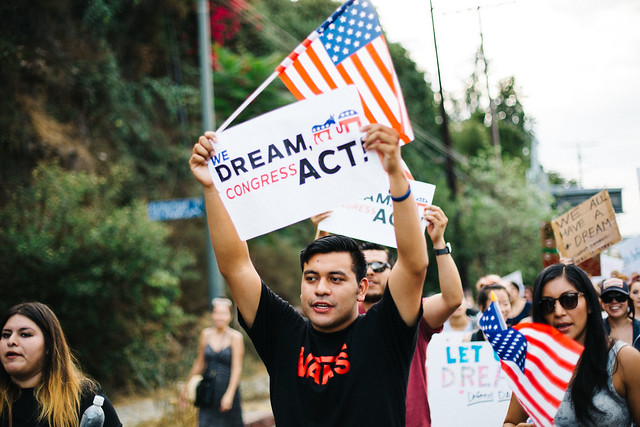The past year saw big victories for worldwide visa operations.
The Department of State recently provided statistics summarizing its visa processing capacity in the year 2023. The recent data shows tremendous advancement in visa processing capacity at Consular posts globally and provides a strong outlook for visa processing in the year 2024.
In the year 2023, the Department of State issued more nonimmigrant visas at U.S. Consular posts and Embassies worldwide than at any other time since 2015.
This included issuing a record of 10.4 million nonimmigrant visas globally, with more than 1 million nonimmigrant visas issued in a single month during March of 2023.
Some of the State Department’s accomplishments include:
- The reunification of families, with the issuance of 563,000 immigrant visas (IVs) in FY 2023, with 30 of its missions issuing their largest number of immigrant visas ever. Consular sections worldwide have reduced the overall immigrant visa interview scheduling backlog by nearly half, from nearly 532,000 in July 2021, to just over 275,500.
- Prioritizing student and academic exchange visitor visa interviews to facilitate study at U.S. universities and colleges. Consular sections issued 830,000 student and exchange visitor visas in FY 2023, more than in any year since FY 2016. More than 600,000 of those were for students pursuing an education in the United States, many of them from countries sending record numbers of students. Of these numbers, nearly 40,000 visas were issued to African students which set an all-time record.
- Record numbers of visas were issued for seasonal agricultural and non-agricultural workers to facilitate the legal and orderly flow of labor. A record-breaking 442,000 visas were issued to H-2A and H-2B temporary workers in 2023, with nearly 90 percent of visas issued to workers from Mexico, El Salvador, Guatemala, and Honduras.
- A record number of 365,000 nonimmigrant visas were issued to airline and shipping crewmembers (C1/D) which are essential to maintaining international transportation and supply chains that support the U.S. and global economies.
 Visa Lawyer Blog
Visa Lawyer Blog







